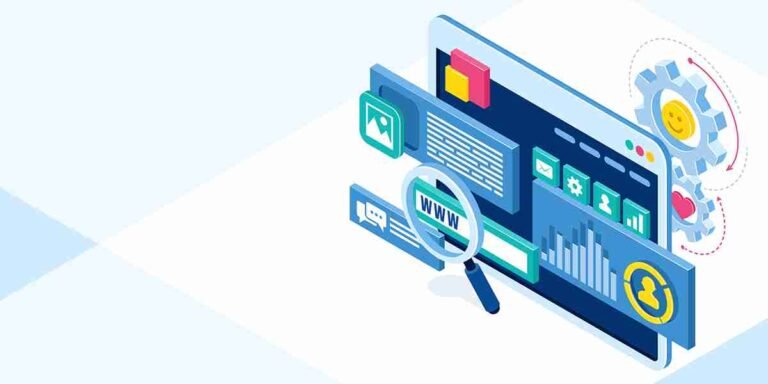What Makes PHP the Best Server-Side Language for Web Development

PHP has long been one of the most popular server-side languages for web development. Its flexibility, scalability, and vast ecosystem make it an excellent choice for creating dynamic and interactive websites. In this article, we explore why PHP continues to be the top choice for developers and businesses alike, providing unmatched performance, ease of use, and a robust community. From its open-source nature to seamless database integration, we will dive into the reasons behind PHP’s enduring success in the world of web development.
PHP stands out as one of the most trusted and widely-used server-side scripting languages for web development. Over the years, it has evolved to meet the demands of modern web applications, offering numerous benefits to developers:
- Open-Source and Free: As an open-source language, PHP is completely free to use, making it an ideal choice for small businesses, startups, and enterprises alike. It also has a large, active community that contributes to its continuous improvement.
- Ease of Use: PHP is known for its simplicity and ease of learning. With minimal setup, developers can start building dynamic web applications quickly. Its syntax is familiar to developers who have experience with C-style languages, making it an accessible option for beginners.
- Platform Independence: PHP runs on various platforms, including Windows, Linux, and macOS, ensuring that your application can be hosted on a wide range of servers. This makes it highly versatile and convenient for developers working in different environments.
- Strong Database Integration: PHP integrates seamlessly with MySQL, PostgreSQL, and other relational databases. It offers a solid foundation for managing data-driven websites and applications, including features for connecting, querying, and managing databases with ease.
- Scalability and Performance: PHP offers great performance, making it an excellent choice for building scalable web applications. With tools like caching and optimization techniques, PHP can handle high traffic loads while maintaining fast performance.
- Rich Ecosystem and Frameworks: PHP has a rich ecosystem with frameworks such as Laravel, Symfony, and CodeIgniter that streamline development and help developers build robust and secure applications faster. These frameworks provide out-of-the-box solutions for common tasks like routing, database management, and security.
- Security: PHP offers built-in security features, including password hashing, data validation, and protection against common vulnerabilities like SQL injection and cross-site scripting (XSS). With the right practices, PHP applications can be made highly secure.
- Huge Community and Documentation: PHP has a vast community of developers, which means an abundance of tutorials, forums, and support is readily available. Additionally, PHP has extensive documentation, which makes troubleshooting and learning more efficient.
In conclusion, PHP remains a top choice for developers due to its flexibility, ease of use, and support for modern development practices. Whether you are building a small blog, an e-commerce platform, or a large-scale enterprise application, PHP offers all the tools and resources you need to create powerful, dynamic web applications.














